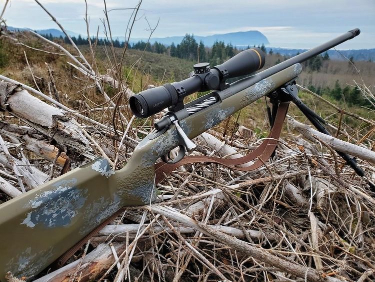If you’re not an expert on rifles, picking the right rifle scope can seem overwhelming.
So, how about a little crash course on what to consider in a rifle scope so you can make a purchase you are happy with…
Rifle Scope Considerations
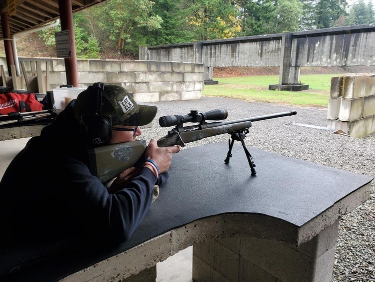
Everyone’s budget is different, but there are certain things you should consider before purchasing a rifle scope.
Below are things to consider before purchasing a rifle scope:
- Objective lens
- Rifle scope glass
- Scope magnification
- Gas filled
- Main tube diameter
- Field of view
- Scope reticle
- Turrets
- Minutes of angle (MOA)
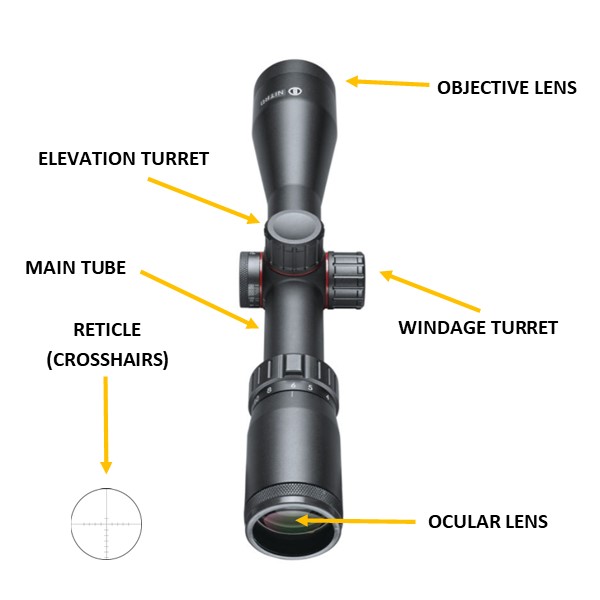
Objective lens
The objective lens is the lens opposite your eye. The diameter of your objective lens determines the amount of light that can enter the rifle scope. If you intend on using the scope in low-light conditions (i.e. hunting), you need a bigger objective lens.
A larger lens size means you have to increase the mounting distance above your barrel. If your rifle scope is too high, you will have difficulty getting the correct eye alignment which affects your shooting accuracy.
Scopes with overly large objective lenses are heavier, and more expensive. If you will be using a rifle for hunting purposes go for a 50-mm maximum.
However, if you need a general purpose scope then settling for 40mm or 42mm like this one is an ideal choice.
-
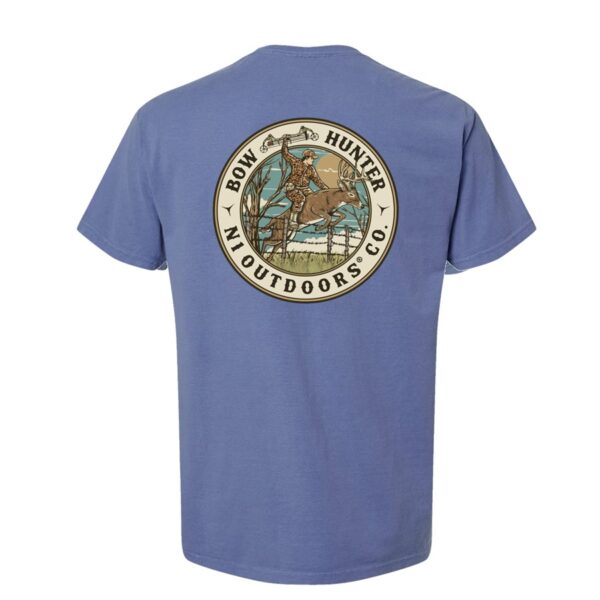
N1 Outdoors® Bareback Bowhunter™ Tee
$28.99 – $32.99 Select options This product has multiple variants. The options may be chosen on the product page -
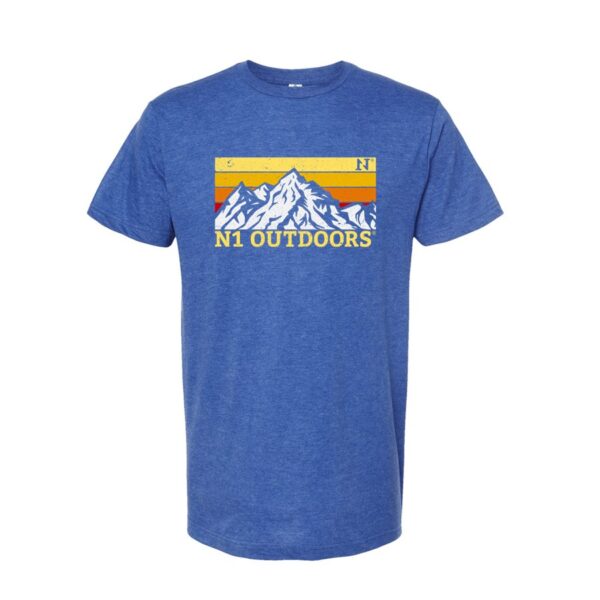
N1 Outdoors® Mountain Colors Tee (Various Colors)
$24.99 – $28.99 Select options This product has multiple variants. The options may be chosen on the product page -
Sale!
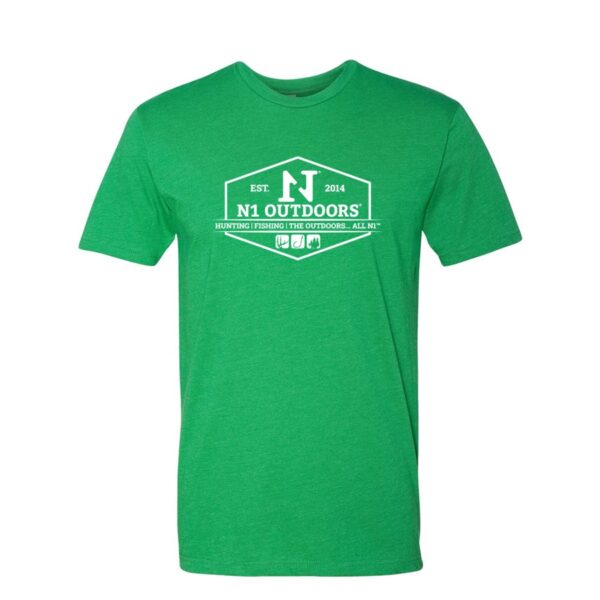
N1 Outdoors® Est. 2014 Triblock Tee
$9.00 Select options This product has multiple variants. The options may be chosen on the product page
Rifle Scope Glass
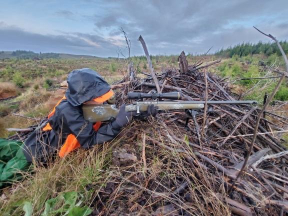
Rifle scope glass has a direct correlation to the image quality a rifle scope will provide.
Glass lenses are the centerpiece of any rifle scope. Pick the best glass within your budget.
The ED, or extra-low dispersion glass, is great because it minimizes any chromatic aberration giving you real-life colors and sharper images.
Some lenses are commonly called HD, however it has no bearing on the type of glass, but rather the image quality it gives.
The coating used on the lenses directly affects the image quality by improving the light transmission and adding scratch resistance. A “coated lens” means that there is a one-coat layer on one or more lenses.
“Fully coated glass” has a single layer on all the air to glass surfaces. Multi Coated glass means you have multiple layers on more than one lens.
Lastly, a “fully multi-coated glass” means the lens has multiple layers on all the air to glass surfaces.
In short, a lens with more coating is better. So, choose a rifle scope with multiple coatings covering all the interior lenses.
Scope Magnification
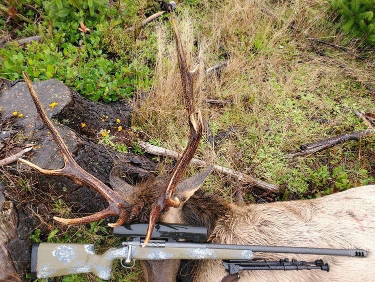
A greater scope magnification will make images in the scope look larger, making them appear brighter. This can be helpful in leading to greater accuracy.
The magnification of the scope largely depends on the kind of game you are hunting and your shooting range.
Many big game hunters, like deer hunters, take aim at their quarry 200 to 300 yards away. Traditionally, a scope with 4X-12X or 3X-9X is plenty for that.
Likewise, open-country hunters, who mostly target smaller games like varmints and predators, benefit greatly from scopes with greater magnification. Advances in scope design have led to greater zoom ranges.
Greater magnification will cause target objects to be larger, which will make them appear brighter, which can lead to greater accuracy.
Gas filled
Rifle scopes filled with anhydrous gas is mainly to displace water vapor or moisture and prevent the scope from fogging up. Nitrogen is the most commonly used anhydrous gas. This is mostly because it has a lesser chance of effusing through the seal or membrane.
Argon is more resistant to any temperature changes compared to nitrogen. Regardless of what gas you fill your scope with, moving between environments having big temperature gradients will make any exterior scope fog.
Main tube diameter
In the past, scopes had a 1-inch main tube. Nowadays, rifle shooters desire more distance envelopes and want scopes with 34 mm or 30 mm main tubes which are increasingly common.
Having a larger diameter tube creates more room for the reticle to move. In turn, it increases the adjustment range.
Bigger tubes are sturdier and allow more light through them. However, they are more expensive and heavier. A 1-inch tube is enough for normal hunting ventures.
Field of view
Normally measured at 100 yards in feet. The field of view is what you can see through the rifle scope from right to left at a particular distance. Increasing the magnification lowers the field of view.
Decreasing the magnification means increasing the field of view. In short, a 3X variable rifle scope can have a field of view at 100 yards of at least 30feet, but at 9X variable scope, the field of view will be close to 14 feet.
Likewise, having a larger objective lens doesn’t affect the figures. So, the field of view is determined by how the eyepiece is constructed.
Scope reticle
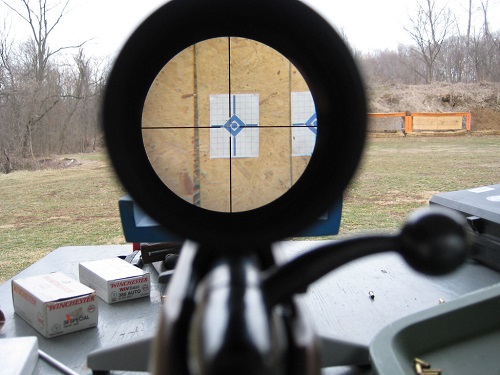
The rifle scope reticle can vary in styles and appearance from different scope manufacturers.
Some people call the reticle the “crosshairs.” This is the aiming point of any rifle scope. The reticle can vary from manufacturer to manufacturer, having lines, dots or other markings.
Some scopes have illumination for better visibility in low light conditions. Most rifle scope manufacturers have different reticle styles.
Turrets
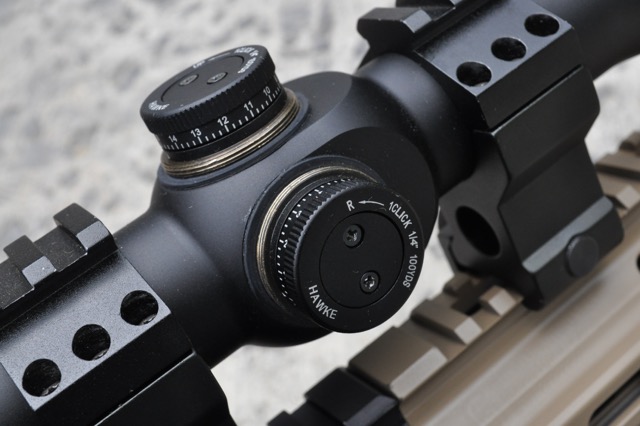
The windage and elevation adjustment knobs on a rifle scope are called turrets.
A turret is an adjustment knob on the scope allowing the shooter to adjust the reticle. The top knob on the riflescope is your elevation adjustment while the knob on the side is your windage adjustment that adjusts from left to right.
Examine the turrets before buying the scope to ensure it fits your preference, as some turrets are adjusted by hand and others need a special tool to adjust.
Consequently, some turrets make a clicking noise during adjustments and some don’t.
-
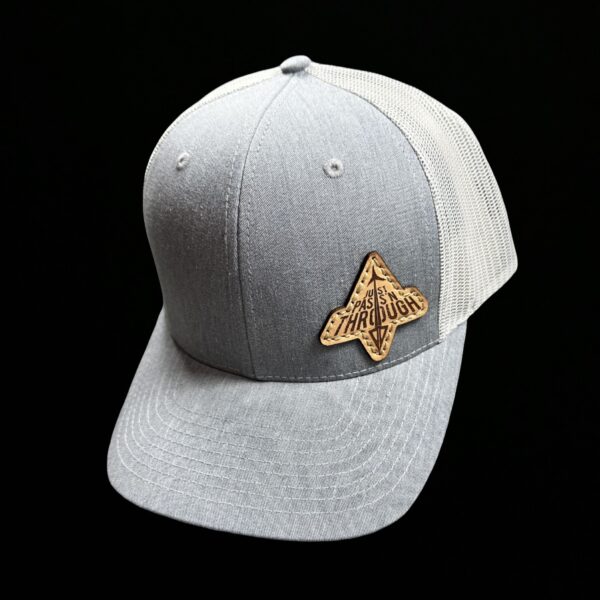
N1 Outdoors Just Pass’N Through™ Leather Patch Hat (Grey/Lt Grey)
$29.99 Select options This product has multiple variants. The options may be chosen on the product page -
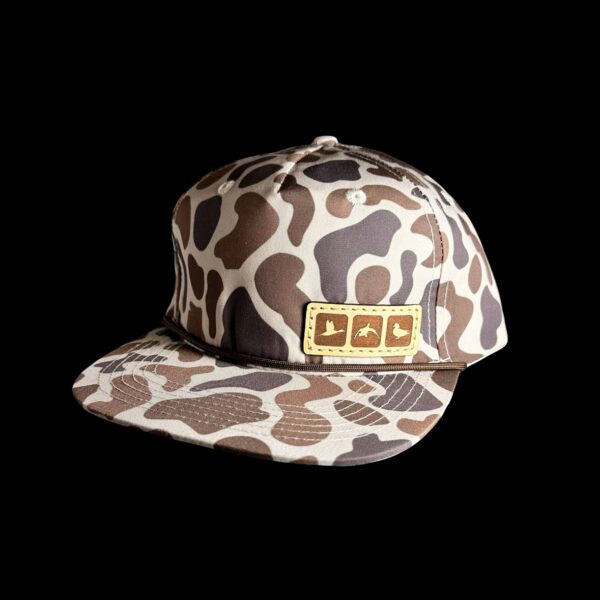
N1 Outdoors® TriBlock™ Duck Leather Slough Camo Patch Rope Hat
$29.99 Select options This product has multiple variants. The options may be chosen on the product page -
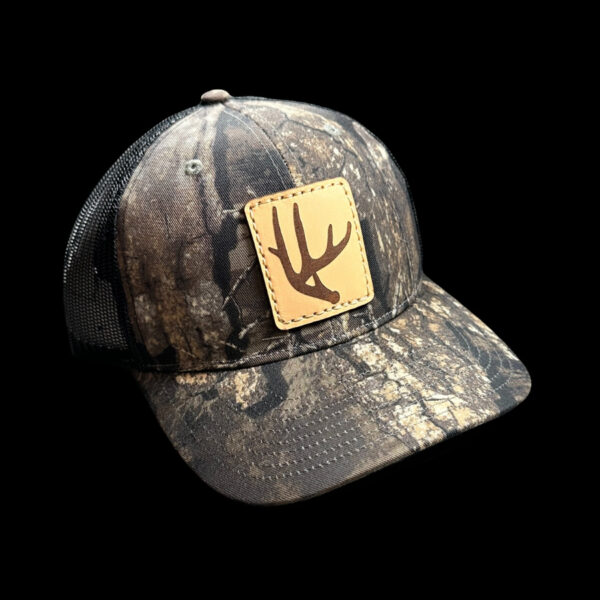
N1 Outdoors® Deer Antler Leather Patch Hat (Realtree Timber/Black)
$29.99 Select options This product has multiple variants. The options may be chosen on the product page
Minutes of angle
Many inexperienced shooters have difficulty understanding minutes of angle (MOA).
Below is a video that explains MOA.
One MOA is equivalent to 1.0472 inches at approximately 100 yards commonly rounded down to 1-inch per 100 yards.
Final Thoughts On How To Choose A Rifle Scope
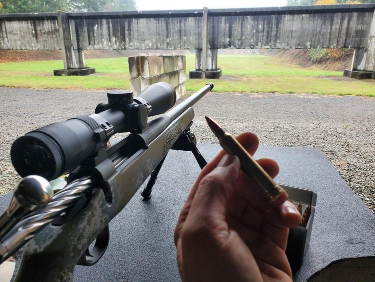
At the end of the day, you want your bullet to find the mark. Consideration of these rifle scope features will help you find one that fits your budget and your intended use.
The last thing you want is to settle for a rifle scope that will not have the features you need to take down your game.
So, don’t just settle for any scope. Use the considerations we’ve covered in this article to help you make your decision.
The good news is, you can get yourself a reasonable sighting tool for under $500 and have a scope that meets your shooting needs.
Happy and safe shooting and hunting!

